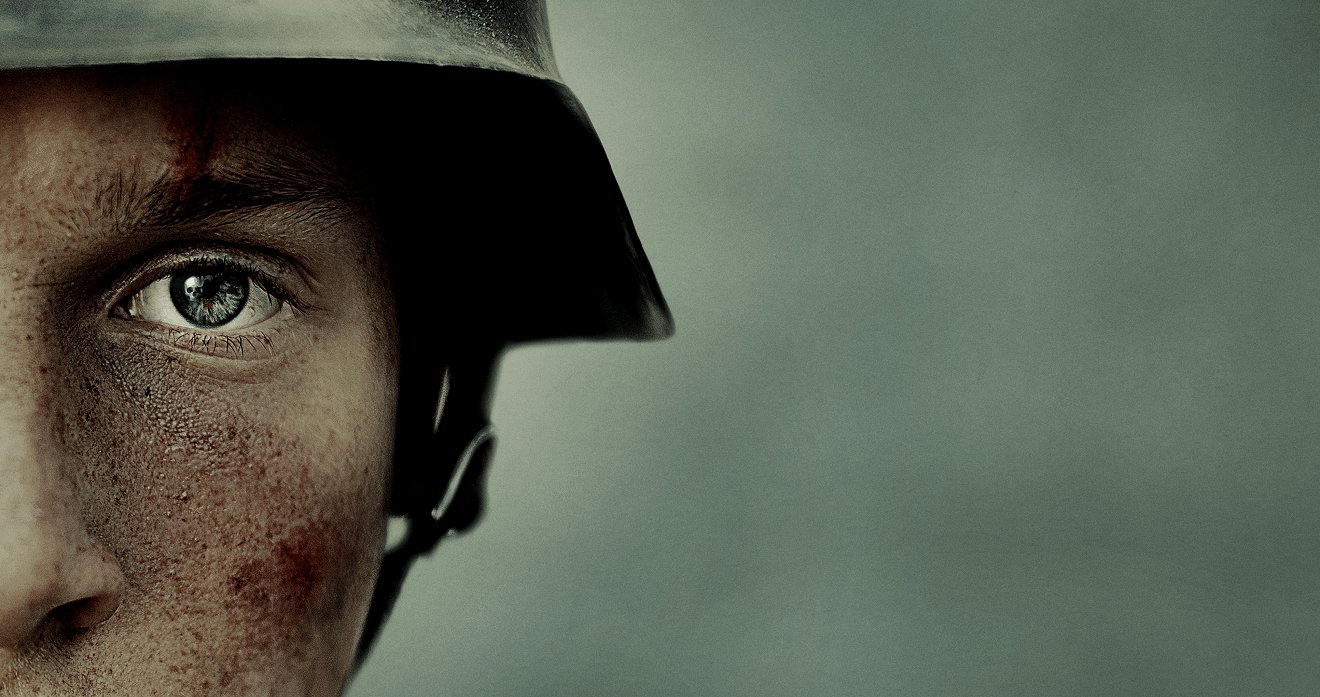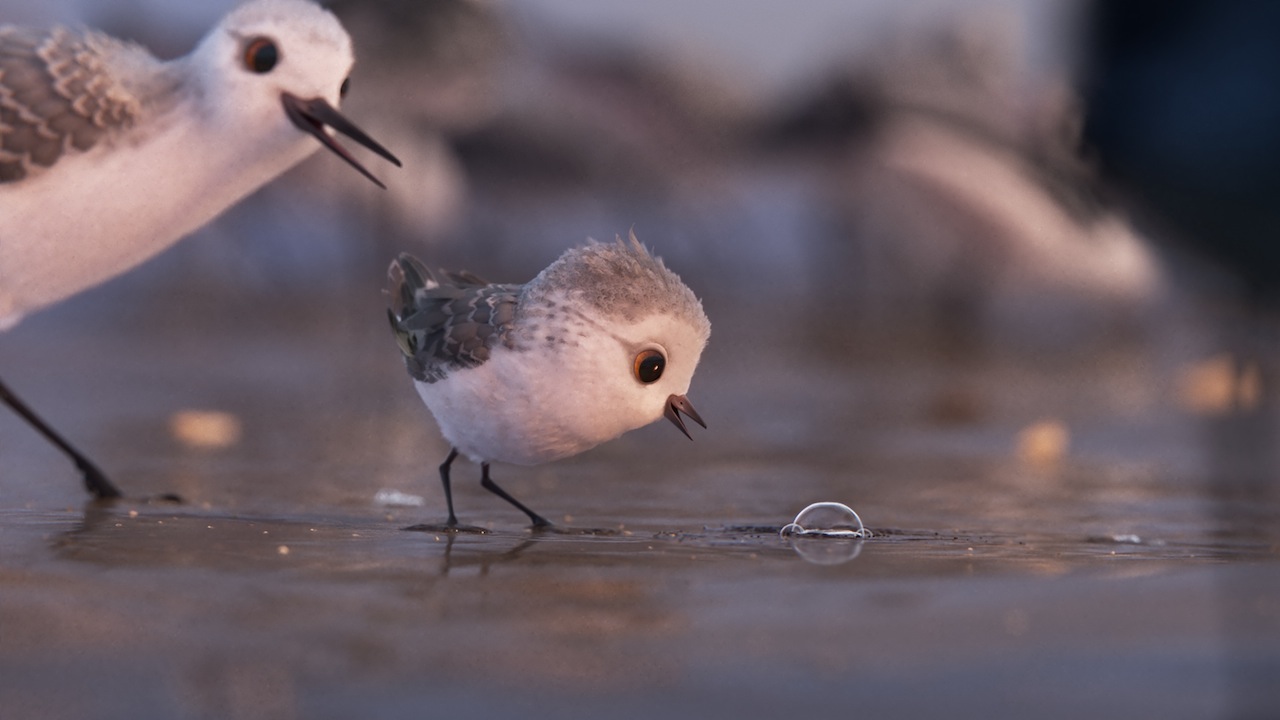The Farthest
by Rachel Willis
Forty years ago, the first of two vessels was launched into space to begin the unmanned Voyager mission. To commemorate NASA’s monumental achievement, Emer Reynolds explores the operation from its beginnings in 1972 to present day in the documentary, The Farthest.
A lot of effort goes into the creation and execution of a space odyssey, and Reynolds brings the story to life through interviews with NASA scientists and engineers. There’s a lot of ground to cover, from the meeting with Nixon to approve the budget, to the technology on board the Voyager vessels, to the inclusion of the famous Golden Record, and Reynolds seeks to examine all of it during the documentary’s two-hour run time.
Because there are forty years of history to explore, oftentimes The Farthest feels like an overview. Rather than focusing on one aspect of Voyager, be it the rudimentary technology aboard the vessels or the first images of the planets farthest from the sun, the film instead follows the Voyager timeline.
By doing this, there is a lot of information glossed over, but Reynolds still manages to inject a touching poignancy into the documentary. The men and women who worked on Voyager are full of passion and wonder, and they convey this to the audience.
Arguably the most interesting aspect of the film, the most interesting aspect of Voyager, is the inclusion of the Golden Record.
As Voyager 1 and 2 were designed to go beyond our solar system into interstellar space, a decision was made to include a record of life on Earth. The records (one in each space craft) include images of Earth, music, and mathematical equations in an attempt to encapsulate what it means to be an earthling. The Farthest spends more time with the Record than any other aspect of Voyager, but in light of how far Voyager 1 and 2 have traveled, and how far they may still go, the idea that the Golden Record may end up in the possession of alien life is a wondrous prospect.
As Voyager 1 and 2 continue their journies, The Farthest celebrates the men and women who built them and sent them into the farthest corners of our galaxy and beyond.









